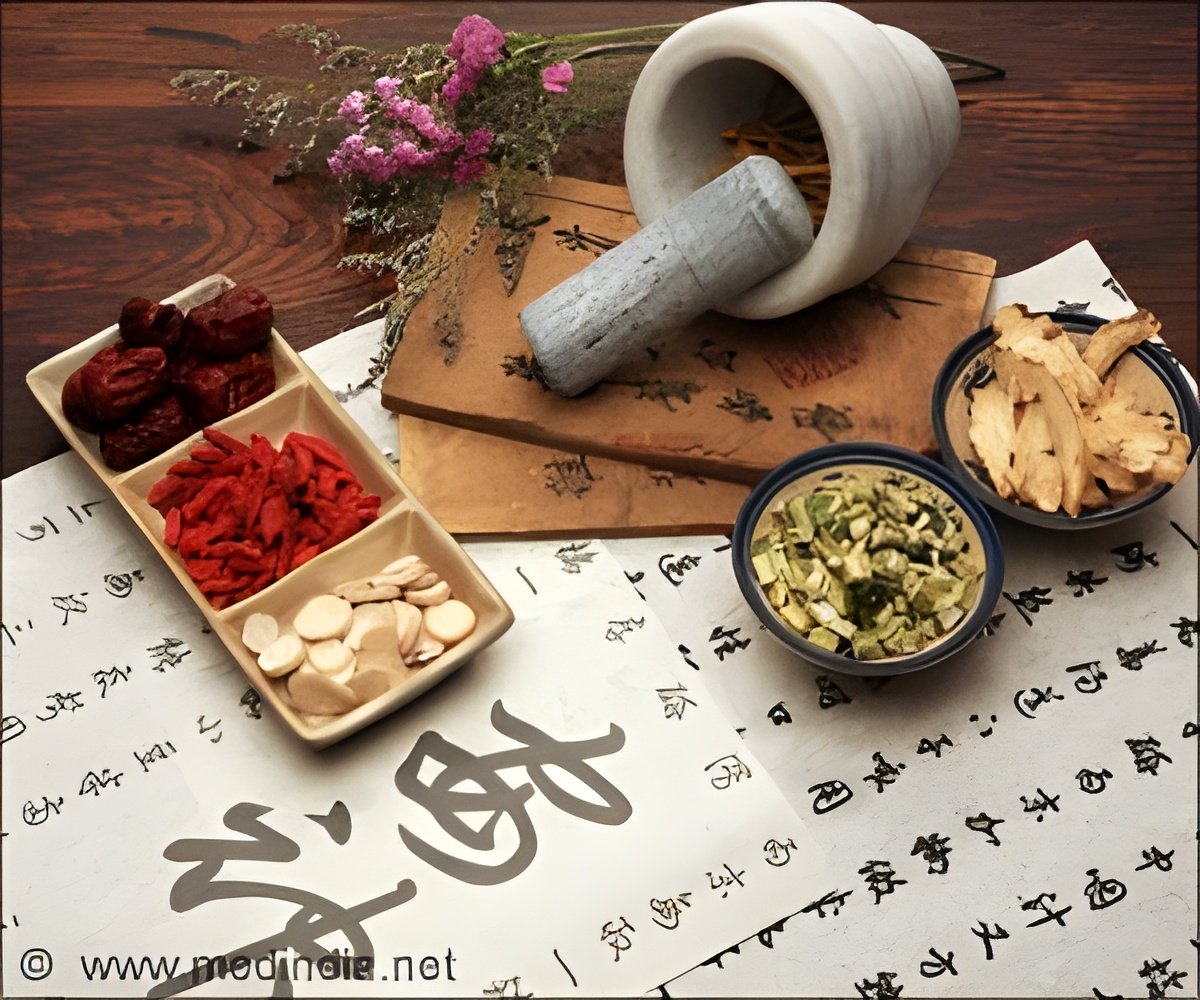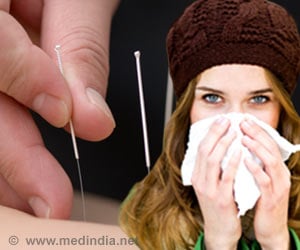As China's Tu Youyou collects her country's first Nobel Prize for medicine next week, this award has prompted debate over the role of science in the practice.

TOP INSIGHT
China's Tu Youyou derived artemisinin from sweet wormwood, which could be a crucial weapon in the global fight against malaria. Tu has been conferred with the Nobel prize for medicine for this discovery. However, this award has prompted debate over the role of science in the practice.
TCM practitioners say her recognition could encourage similar research that may sideline the underpinnings of their theories.
TCM is based on a set of beliefs about human biology, including the existence of a life force,'qi', and that illness is the result of 'imbalances' between the five elements - fire, water, earth, metal and wood - in the system.
Tu chemically extracted the active ingredient of a single plant in isolation.
Lan Jirui, who has a booming TCM private practice in Beijing, said, "Many fear that the recent Nobel Prize, which celebrates westernized Chinese medicine, will end up doing more harm than good for authentic traditional medical practice. You should not use Western science to 'cure' Chinese medicin., The study of TCM from a rationalist perspective is 'essentially hopeless'. The human body is very complicated - you cannot see it only as a machine. The scariest thing is to lack confidence in your own traditions, to allow others to 'update' you, and then destroy what you had."
Tai-Ping Fan, head of the Chinese Medicine Laboratory at the University of Cambridge, said, "It's good to look into ethnopharmacology. Medicine has evolved since the dawn of humanity, and science. We need to have evidence. But there?s the possibility now, thanks to science, to begin to discuss this problem, how we can see East and West come together."
Fan said, "I think it'd be quite good really to find out what is there in rhino horn instead of throwing it all away. Those that have been confiscated can be sent to laboratory and analyzed and synthesized."
TCM is an enormous industry in China, with a total value in excess of $91 billion in 2013, a third of the total output of the country's medical industry. In recent years the government has upped funding and support, even though most health facilities use orthodox medicine, and national healthcare guidelines released in May said every county and municipality should seek to have a dedicated TCM hospital by 2020.
Source-AFP
 MEDINDIA
MEDINDIA



 Email
Email





